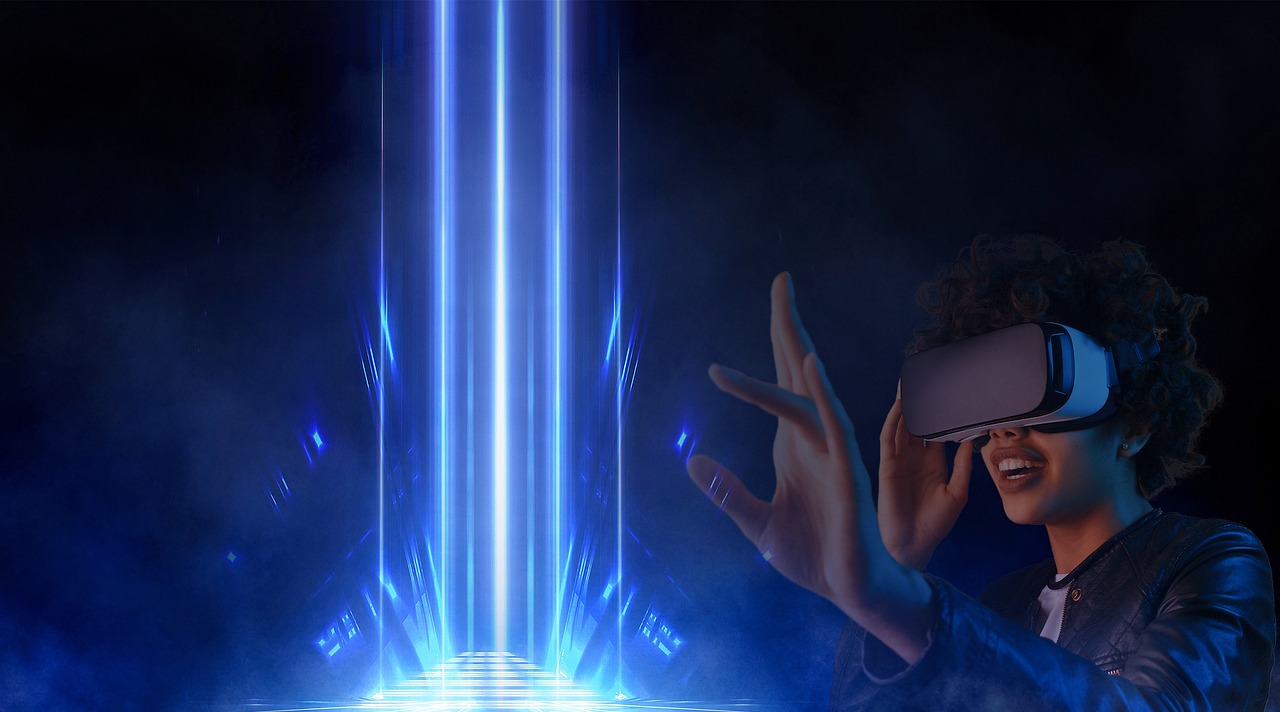The entertainment industry is vast and holds multiple facets which are constantly developing over the years and in line with the trends, and following the ascend of technology this sector started to utilise and implement the tech tools provided to further create, modify and thrive across its various niches.
Digital content in fact has become today`s primary choice for media consumption, but while it caters for the end-users, the technology behind it also assists industries` backend operations making them more capable and efficient to deliver their services ambitiously in a fast-pace environment.
Switching to digital in this day and age makes all the difference if an entertainment company wants to remain relevant and competing on a level playing field against its direct competitors.
The Impact of Emerging Technologies
Specific novelle technology which in its early days was seen as a futuristic vision, has disrupted the digital scene by acting as agents of change within this dynamic industry.
The following list is an interesting insight on the tech tools which are mostly being utilised across the various media and content.
Artificial Intelligence (AI) – Content creation has embraced AI as one of its pivotal pillars, while 73% of business leaders are already implementing this avant-garde tool into their strategies for both B2B and B2C marketing. Amongst other things, through algorithms, patterns and learnings the AI can predict trends and preferences which will resonate the most with clientele.
Virtual Reality (VR) / Augmented Reality (AR) – The end-user experience is being transformed by these two, and studies show that by 2026 VR/AR market will reach a USD100 billion, which is a sharp rise when compared to 2022`s USD30 billion. Thanks to VR/AR consumers can experience anything from concerts to gaming with the platforms offering an unparalleled engagement. Demand is high and the prediction for devices offering this type of tech is forecasted to surpass the USD33 million in 2024.
Blockchain – We have all heard about this in some way or another, blockchain technology is acting as a key player as content monetisation and rights management become more important. It is predicted that by 2028 blockchain market for media and entertainment will grow from USD0.84 billion to USD15.29 billion.
5G Network – Although it didn`t yet attain its promises and full potential or reach, but when it does and that`s very near, it will assure an increased connectivity speed and lower network latency among other features, thus yielding a swifter content delivery. By 2030 the media and entertainment industries will benefit approximately USD1.87 trillion from 5G services.
Four Main Areas of Digital Transformation
Exploring further the digital transformation phenomenon we can decipher it in four important pillars.
- Integrating Technology – Indeed what we covered above, this is the way we integrate and implement the various AI, Blockchain, 5G and so forth.
- Optimisation of Data – Assisting decision-making and personalising strategies by leveraging data analytics.
- Automation Process – Obtaining enhanced efficiency and effectiveness by streamlining operations.
- Upgraded Customer Experience – Improving engagement and satisfaction by focusing on user-centric strategies.
Trends and Predictions
Further estimates and tendencies which are being noticed will be forging the future of digital transformation in the media industry.
We can expect more AI and machine learning integration, personalising content and predicting analytics which will assist in decision-making processes across the board, from content development to distribution.
Thanks to advancements in technology, eventually VR is set to become more mainstream delivering a much more accessible and affordable content than it is at present. Consequently, this will revolutionise how consumers watch media by offering more immersive and interactive experiences.
Benefits
The digital transformation impact indeed shows how industries in this market are leveraging their business and obtaining valuable advantages.
- Upgraded User Experience: Let`s take movies, before they were analogue, while nowadays consumers get immersed in crisper visuals and sharper audio thanks to digitilisation, which in recent years also offered 3D, 4D and 5D media.
- Spike in Sales: Also, thanks to digitilisation the expenses to record and distribute have been reduced, as there is no need for music fans and followers to buy a physical CD/LP but get access and listen or even download tracks directly via the internet by using dedicated apps like Spotify, while they can even watch music videos via YouTube to name the most popular two digital platforms. All this is even more enticing when most websites are offering this media for free since digital music is so prevalent.
- Vast Market: Regarding the television sector, the phenomenon of a second screen is becoming more popular as via the consumers` various devices like laptops, smartphones or tablets, the end-user can interact with what they are watching, while they also serve for entertainment in between TV episodes and/or commercial breaks. These tech devices enable consumers to socialise and help spreading media awareness about particular shows.
- Easy Diffusion: Back in the days, gamers had to go out and meet in dedicated arcade outlets, while nowadays they can buy, download and play games online even on the fly or while travelling against opponents who are located on the other side of the globe. Sales of smartphone games has never been higher, as gamers seek high-definition, low latency and an improved user experience.
In Conclusion
Definitely with the rise of technology the media and content industries who opted for the leap and switched to digital transformed, providing an upgraded competitive end-product boasting superior quality.
Us consumers have a myriad of choices nowadays, a variety of digital platforms carrying diverse packages and price tags, and that is exactly why competition is healthy for everyone involved.
The future in entertainment passes via the various AI, VR and AR amongst other tools, which are fascinating while attracting investors and patrons alike. The digital transformation left its impact in the entertainment industry and a never-ending ripple effect which changed media and content as we knew them, instead it is regularly shaping them in line with the tendencies.

